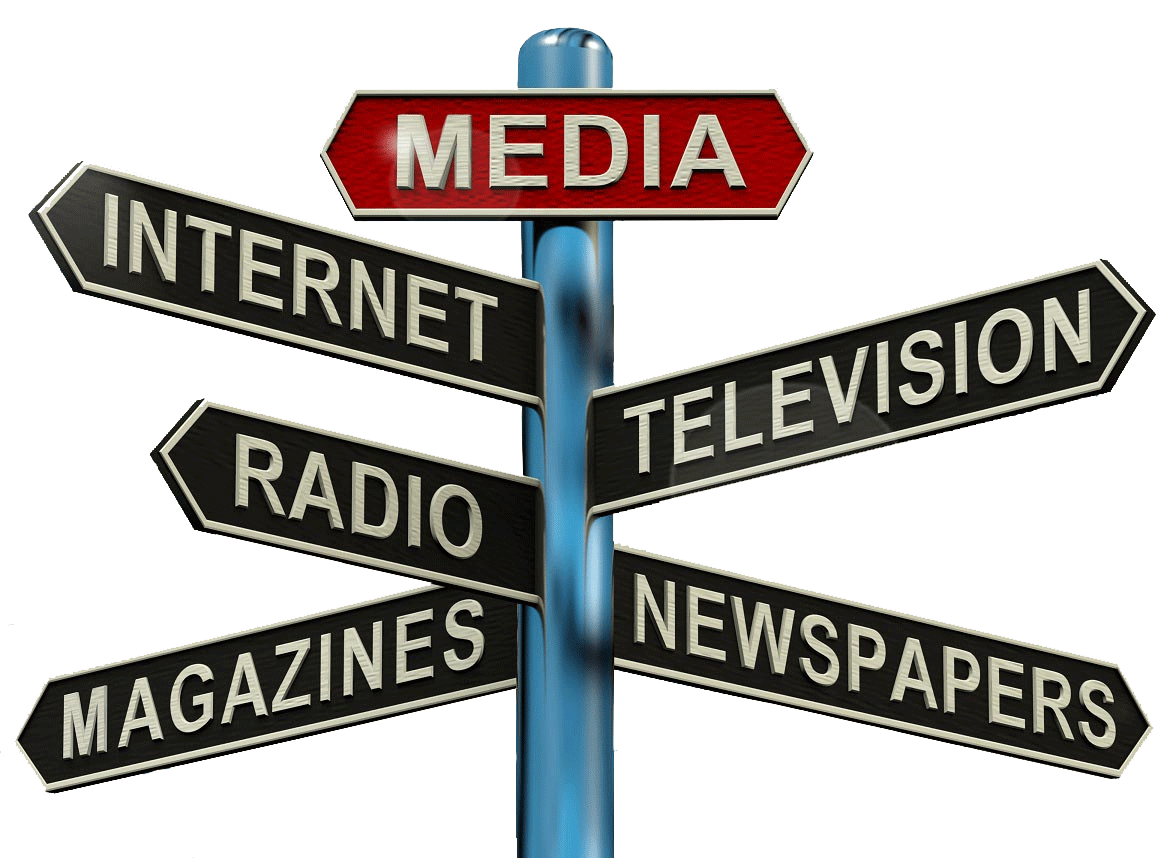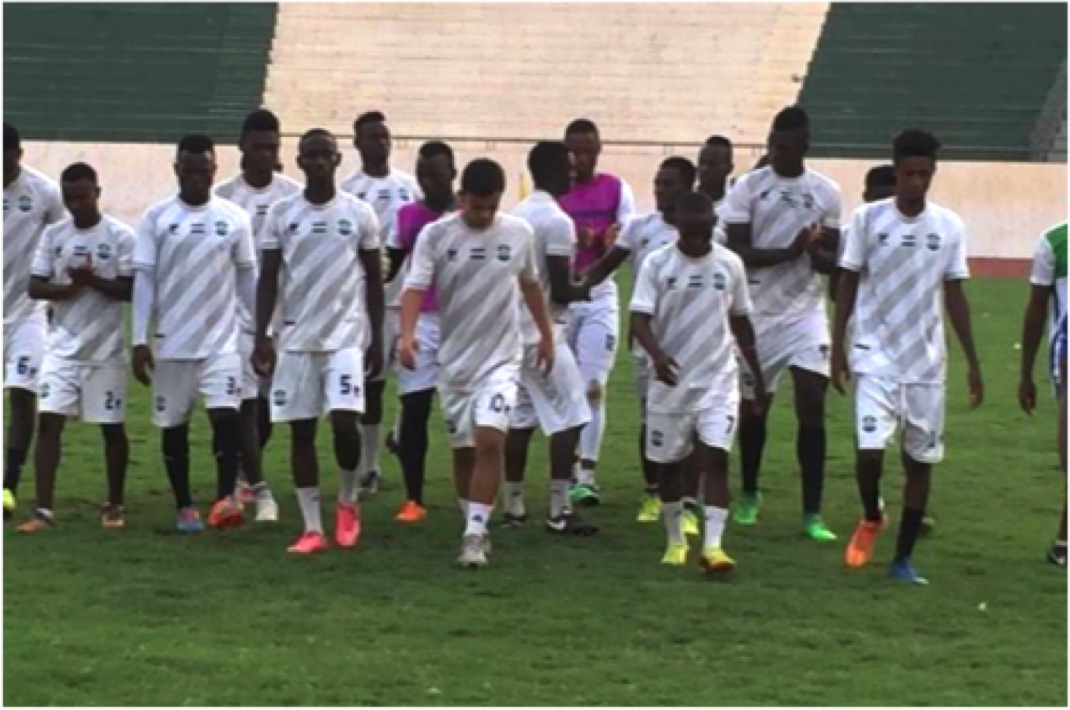By Alusine Fullah
The media is the most powerful entity on earth. They have the power to make the innocent guilty and to make the guilty innocent, and that’s power. Because they control the minds of the masses, Malcolm X.
From the foregoing assertion by Malcolm X, the media have the power to make and unmake society. In this era of technological advancement, media as technologies have dramatically affected the human behaviour and have easily drawn a connection between the virtual world and the real world.  Digital technologies are not only the daily tools of communication, information and entertainment for people but have become omnipresent and an integral part of people’s lives. In today’s digital world, the media can give your ideas, it can inspire you to do certain things and drive you to initiate what you see. The media control the society and are capable of changing human behaviour, living style and moral thoughts and consequences. Media reflects in two ways i.e. positive as well as negative; as media does not produces the real happening of a world, rather creates a new world.
Digital technologies are not only the daily tools of communication, information and entertainment for people but have become omnipresent and an integral part of people’s lives. In today’s digital world, the media can give your ideas, it can inspire you to do certain things and drive you to initiate what you see. The media control the society and are capable of changing human behaviour, living style and moral thoughts and consequences. Media reflects in two ways i.e. positive as well as negative; as media does not produces the real happening of a world, rather creates a new world.
The mass media occupy a high proportion of our leisure time: people spend, on average, 25 hours per week watching television, and they also find time for radio, cinema, magazines and newspapers. For children, watching television takes up a similar amount of time to that spent at school or with family and friends. While school, home and friends are all acknowledged as major socializing influences on children, a huge debate surrounds the possible effects of the mass media and findings both in favour and against effects are controversial. The question of effects is typically raised with an urgency deriving from a public rather than an academic agenda and with a simplicity which is inappropriate to the complexity of the issue (we do not ask of other social influences, what is the effect of parents on children or do schools have an effect which generalizes to the home or do friends have positive or negative effects?).
The media have the power to shape the thoughts processes of society. On the negative side, the have seen the Rwanda Genocide saga and Arabs’ spring. The news media – both domestic and international – played a crucial role in the 1994 Rwanda genocide. From my vantage point as a student from Fourah Bay College (when in year 2 on the module ‘Media in Africa’), I was able to watch the strange dichotomy on a documentary that was produced to us by our lecturer, Dr. Tonya Musa, fuelling the killing while international media, on the other side, virtually ignored or misunderstood what was happening. The local media, particularly the extremist radio station Radio-Télévision Libre des Milles Collines (RTLM), were literally part of the genocide. The genocidaires used the media like a weapon. The haunting image of killers with a machete in one hand and a radio in the other never leaves you. The international media initially affected events by their absence. Figuratively, a tree was falling in the forest and no one was there to hear it. Only those in Rwanda, it seemed, could hear the sound, because the international media were not there in any appreciable numbers at the outset.
From the title of this article, it is vivid that the media operate into two limbs: the ugly and the good. From my fourth paragraph, I mentioned how the media was used as a tool to fan the flame of genocide in Rwanda. Apart from that, in Sierra Leone, we have also seen how the media was used to fuel the August 10 2022 saga. Sierra Leoneans, both home and abroad used media tools like Facebook and Whatsapp to preach hate messages.
However, the media have also played critical or positive roles in developmental ideologies and projects. Access to information is essential to the health of democracy for at least two reasons. First, it ensures that citizens make responsible, informed choices rather than acting out of ignorance or misinformation. Second, information serves a “checking function” by ensuring that elected representatives uphold their oaths of office and carry out the wishes of those who elected them. In some societies, an antagonistic relationship between media and government represents a vital and healthy element of fully functioning democracies. In post-conflict or ethnically homogenous societies such a conflictual, tension-ridden relationship may not be appropriate, but the role of the press to disseminate information as a way of mediating between the state and all facets of civil society remains critical.











